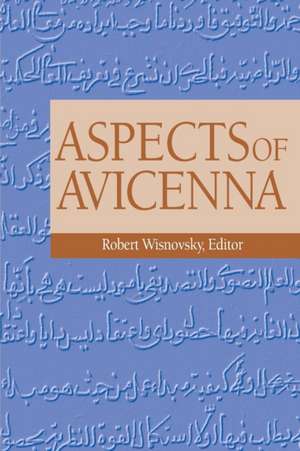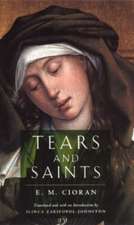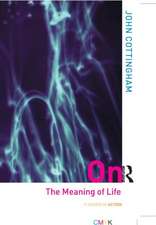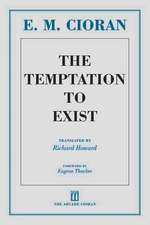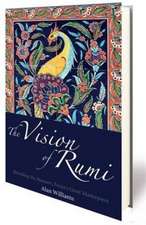Aspects of Avicenna
Editat de Robert Wisnovskyen Limba Engleză Paperback – 19 iun 2013
Preț: 159.79 lei
Nou
Puncte Express: 240
Preț estimativ în valută:
30.58€ • 32.01$ • 25.30£
30.58€ • 32.01$ • 25.30£
Carte tipărită la comandă
Livrare economică 07-21 aprilie
Preluare comenzi: 021 569.72.76
Specificații
ISBN-13: 9781558762510
ISBN-10: 1558762515
Pagini: 198
Dimensiuni: 152 x 229 x 11 mm
Greutate: 0.3 kg
Editura: Markus Wiener Publishers
ISBN-10: 1558762515
Pagini: 198
Dimensiuni: 152 x 229 x 11 mm
Greutate: 0.3 kg
Editura: Markus Wiener Publishers
Notă biografică
Robert Wisnovsky is Assistant Professor of Islamic. Intellectual History at Harvard University, where he teaches Islamic philosophy and theology and Classical Arabic. He is the author of the forthcoming Avicenna's Metaphysics in Context. The contributors include Dimitri Gutas, Yale University; Dag Hasse, University of Wurzburg; Abraham Stone, University of Chicago; and David Reisman, University of Illinois at Chicago.
